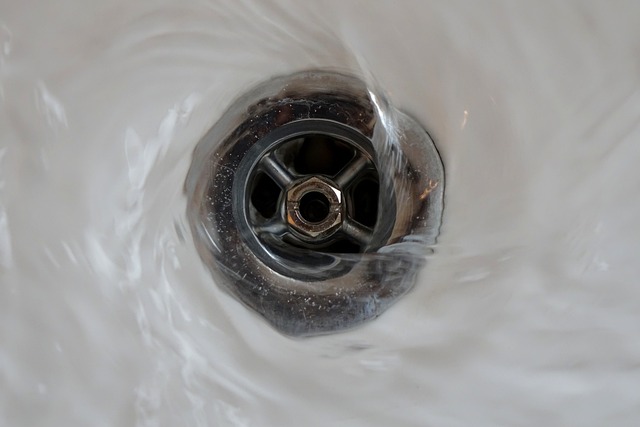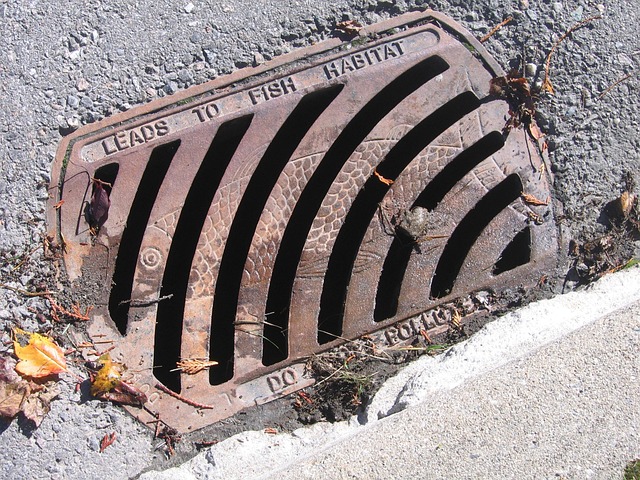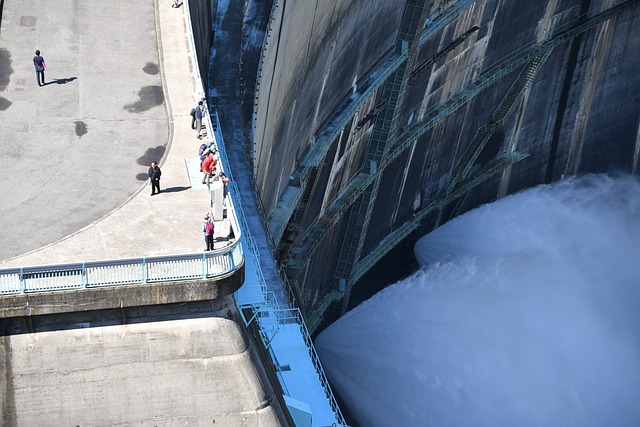Identifying signs of a clogged drain early is key to prevent costly plumbing issues. Slow drainage, standing water, unusual noises (banging or gurgling), and bad odors are red flags requiring immediate action. Regular maintenance, including drain covers, natural cleaning methods, and annual professional inspections, can help avoid expensive repairs, severe pipe damage, higher water bills, health hazards, and sewer backups.
Tired of that persistent gurgling sound or a drain that seems to take an eternity to clear? It might be more than just an annoyance—it could be a warning sign of a serious clog. Recognizing the common signs of a clogged drain is key to avoiding costly repairs. From strange smells to slowed drainage, this article deciphers these indicators and offers proactive measures to keep your drains flowing smoothly and prevent unexpected plumbing bills.
- Recognizing Common Warning Signs of a Clogged Drain
- The Potential Impact and Costs of Ignoring Clogs
- Proactive Measures to Prevent Costly Drain Repairs
Recognizing Common Warning Signs of a Clogged Drain

Recognizing Common Warning Signs of a Clogged Drain
One of the most frustrating experiences is stepping into the shower or sinking into a bathtub only to find that the water won’t drain. This isn’t merely an inconvenience; it could signal a clogged drain, a problem that, if left unattended, can lead to costly repairs. The first signs of a clogged drain often manifest as slow drainage or water standing in the basin after each use. You might notice that sinks and tubs take longer than usual to empty, or that water slowly drains away, leaving behind a pool that refuses to disappear.
Other telltale signs include unusual noises coming from the pipes, such as banging or gurgling sounds, which can indicate a partial clog. Additionally, bad odors wafting from your drains are another red flag; these scents often signal the presence of decaying organic matter or bacteria that can’t pass through the pipes. If you’ve experienced any of these signs, it’s wise to act promptly to avoid more severe (and pricier) drain issues down the line.
The Potential Impact and Costs of Ignoring Clogs

Ignoring signs of a clogged drain can lead to more significant issues and costly repairs. When water flow slows or stops altogether, it’s often an early indication that something is amiss. What might start as a minor inconvenience can quickly turn into a plumbing nightmare if left unattended. Over time, blocked drains can cause severe damage, leading to the need for emergency repairs or even complete pipe replacements.
The costs associated with ignoring clogs are multifaceted. Not only do you face higher water bills due to reduced efficiency, but you also run the risk of pipes becoming damaged, especially in older homes. Additionally, backed-up sewage can lead to health hazards and unpleasant odors. Prompt action on identifying Signs of a Clogged Drain is crucial to prevent these issues from escalating and save you from unexpected expenses.
Proactive Measures to Prevent Costly Drain Repairs

Regular maintenance is key in preventing costly drain repairs. Homeowners should be vigilant for signs of a clogged drain, such as slow drainage or unusual gurgling sounds. Installing drain covers can help catch hair and other common blockages early on. Additionally, using natural cleaning methods like baking soda and vinegar can clear minor clogs without resorting to harsh chemicals.
Scheduling professional inspections annually is another proactive measure. These experts can identify potential issues before they turn into major problems. By taking these steps, homeowners can avoid not only costly repairs but also potentially dangerous sewer backups that may cause property damage or health hazards.
Recognizing the warning signs of a clogged drain is key to preventing costly repairs. By understanding common indicators, such as slow drainage or peculiar odors, you can take proactive measures to maintain your plumbing system. Ignoring clogs not only leads to higher repair bills but also potential water damage and health hazards. Implement preventive strategies like regular cleaning and proper disposal of household items to keep your drains flowing smoothly and save you from unexpected plumbing disasters.
